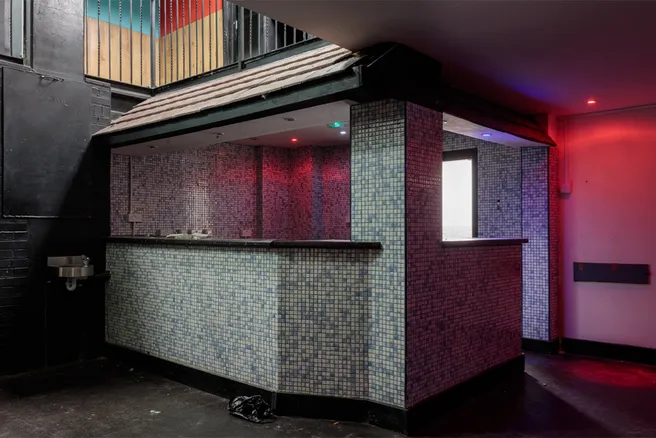“Counterpublic” is a term coined by the philosopher and critical theorist Nancy Fraser and the literary scholar and queer theorist Michael Warner more than 20 years ago. By design, the word is a multiplier, destabilizing the notion of a homogenized unified public (space) with designated intermediate zones and congregation areas (in between private and public) occupied by specific, often marginalized, sometimes queer, and subcultural groupings. Following this, the counterpublic raises questions of not only in/exclusion but of social justice. A unified public assumes a level playing field, an idealized space incompatible with the lives of many. In this light, counterpublics enact forms of resistance but also of retreat.
We should bear in mind though that counterpublics are not always genuinely virtuous forums. The political far-right extends the idea into a so-called “populist” and anti-egalitarian dimension. For instance, governments across Europe have instrumentalized reinforcing discriminative reproductive rights against women, and homophobic and racist policies posited as public opinion. In our (post-)pandemic time, the democratic and taken-for-granted notions of “public” appear to have come under pressure. Art is sometimes informed by or can resemble the practices and motivations of counterpublics with its discourses. At the same time, interventions allow for traversing their spatialities, offering strategies for imagining other lived publics. While queer studies have adopted the notion for specific spaces of non-heteronormative every day, this lecture series asks more broadly about the potentials and locations of counterpublics concerning situated built spaces, architectural theory, digital infrastructure, and how these too influence the practices of publics.
Who
A lecture series by the chair of Theory and History of Architecture, Art and Design.
In cooperation with: Gerry Bibby (Professor of Sculpture) | Academy of Fine Arts Munich (AdBK)
Schedule
zoom meetings from 18.30-20.00h
09.05.2022
Gabrielle Schaad, TU Munich
23.05.2022
Aleksandra Gajowy, University College, Dublin
30.05.2022
Dubravka Sekulić, Royal College of Art, London
13.06.2022
Ben Campkin, UCL Urban Laboratory, Bartlett UCL East, London
20.06.2022
Cole Collins, TU Munich
27.06.2022
Hybrid Munich | Academy of Fine Arts Munich, Gürsoy Doğtaş, University of Applied Arts, Vienna in conversation with Gerry Bibby, Academy of Fine Arts, Munich
04.07.2022
Maria Grever, Erasmus University Rotterdam
More information and registration
click here.
